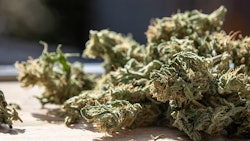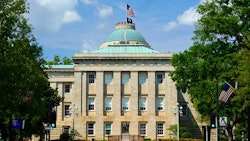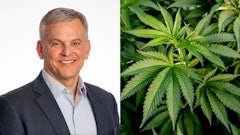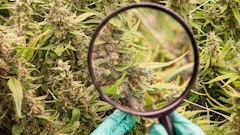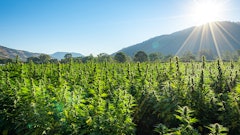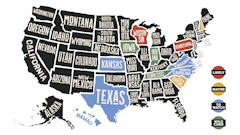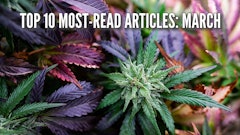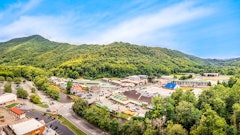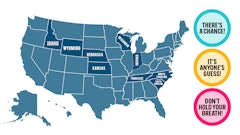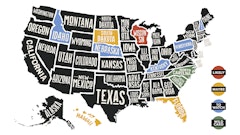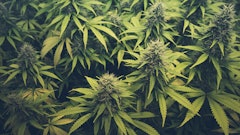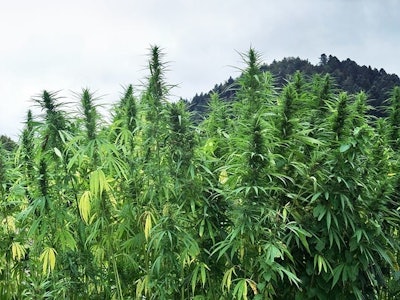
North Carolina hemp farmers continue to work, for now, under the 2014 Farm Bill’s industrial hemp pilot program. Because that legal framework expires in October, hemp farmers in North Carolina are anxiously awaiting word from the state: Will the North Carolina Department of Agriculture submit its own rules for 2020, or will the state divert farmers to the U.S. Department of Agriculture’s interim final rule?
“We have a real timing issue now,” said Marne Coit, a researcher with the North Carolina State University Extension, as she addressed the North Carolina Industrial Hemp Association’s annual meeting Feb. 1. It’s possible that the state won’t pass its 2019 Farm Act anytime soon, forcing farmers to apply for licenses under the USDA plan. But then, if North Carolina’s agriculture department gets around to setting up its own hemp rules, farmers may still need to apply at the state level—potentially setting up a showdown between two sets of rules during one growing season.
The hand-wringing now follows months of the same. Back in December, the North Carolina Industrial Hemp Commission wrote an open letter to USDA Secretary Sonny Perdue, urging a bit of flexibility for states with a few years of experience overseeing hemp cultivation. “We have significant concerns with the interim final rule as it is currently written,” the commission wrote, “especially as it relates to our experience creating and implementing a compliant industrial hemp program in North Carolina through three growing seasons since 2017. … While some uniformity in regulating the industry is important, to date each state with a research pilot program has had the flexibility to create a flexible program that balances compliance with developing a new industry.”
The commission went on to specifically cite an industry need for a 1% THC cap.
“Based on our experience operating a hemp program in North Carolina, we have found that non-compliant hemp samples rarely exceed 1.0% THC,” according to the letter. “These non-compliant samples with THC levels > 1.0% often occur because of weather, production issues and/or other factors that spike THC levels. We do not feel that these growers have intentions of growing an illegal substance. We also have concern that growers who produce industrial hemp with borderline THC levels will face enormous economic losses in a program that is intended to stimulate the farm economy. Therefore, we respectfully request that a negligence threshold of 1.0% THC be adopted.”
As Agricultural Marketing Service Administrator Bruce Summers pointed out in a conference call with reporters this week, no one should be holding their breath and waiting for 1% cap to show up in legislative language.








